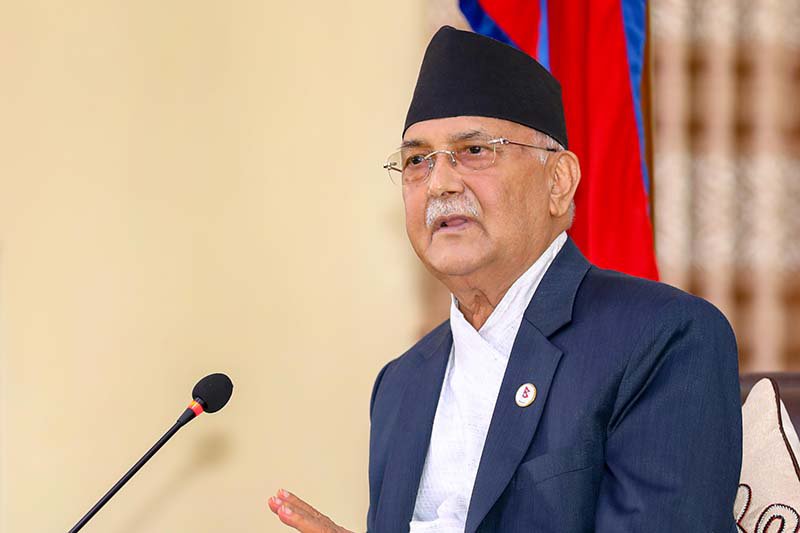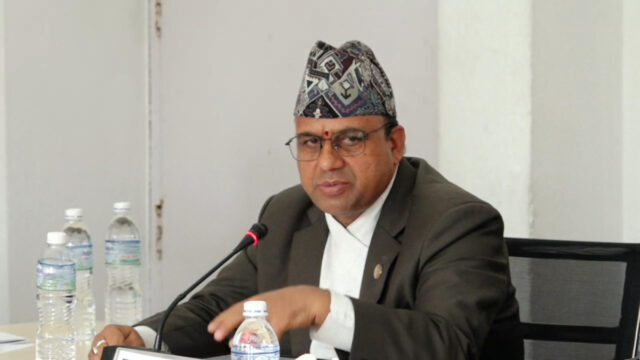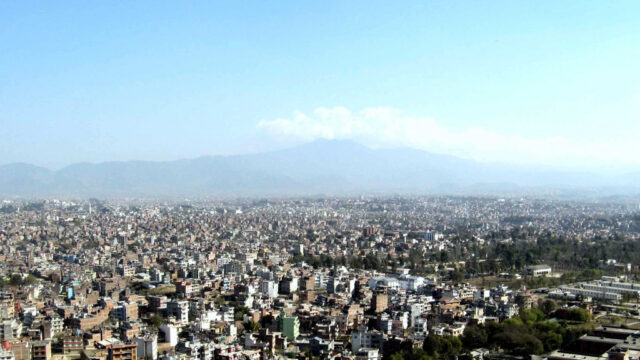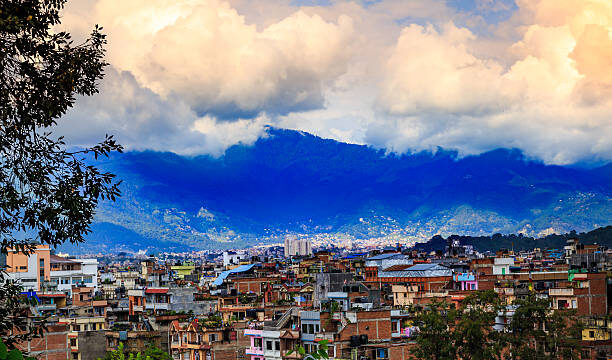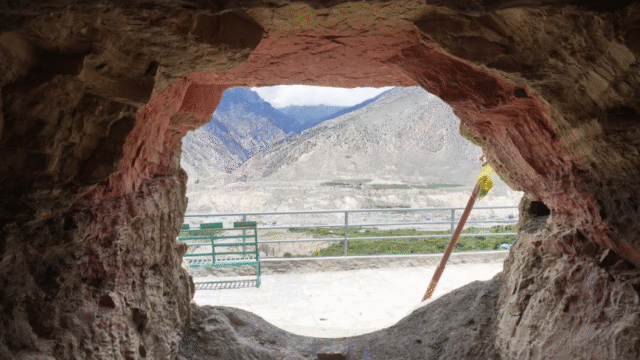Prime Minister KP Sharma Oli has called for the adoption of an integrated approach to climate action, emphasizing a ‘Mountain to Sea’ initiative that recognizes the interconnectedness of ecosystems. Speaking at the High-Level Plenary Meeting of the 79th UN General Assembly (UNGA) on the theme “Addressing the Threats Posed by Sea Level Rise,” he urged for a comprehensive coverage of climate actions extending “from Everest to the Indian Ocean, from the Pamirs to the Pacific, and from the Andes to the Atlantic Ocean.”
Highlighting the urgency of the climate crisis, Prime Minister Oli stressed the need for bold and decisive actions to limit global temperature rise to 1.5°C, stating, “This is not just a number—it is the threshold for survival.” He warned that even a rise to 1.5°C could have catastrophic effects on the Himalayas, where elevation-dependent warming could amplify impacts equivalent to a 2°C increase. The Prime Minister pointed out that the Himalayas serve as natural refrigerators and essential recharge systems for downstream river systems.
During his address, he called for a collective global effort to tackle rising sea levels, build resilience, and adapt to climate changes. He emphasized the importance of controlling pollutant releases that contaminate glaciers and urged for climate justice, stating that wealthier nations must take the lead in supporting vulnerable countries.
Prime Minister Oli also proposed that the UN General Assembly convene a high-level meeting next year to address the existential threats posed by climate change to both mountain nations and island states. He noted that mountain nations like Nepal and coastal nations, including Small Island Developing States (SIDS), face conjoined threats from global warming. He warned that by 2100, coastal regions could submerge under nearly two and a half meters of seawater, posing a direct threat to their existence.
Representing Nepal, home to Mt. Everest and the Himalayas—referred to as the ‘Third Pole’—Oli connected the melting of ice and glaciers in mountain regions to rising sea levels. He stated, “Our actions to prevent sea level rise are integral to stopping the alarming loss of ice and snow from the mountains.”
He presented stark figures illustrating the impact of climate change, including the contribution of glacier melt to sea level rise and the significant loss of ice in Nepal over the past three decades. He warned that the loss of two-thirds of Himalayan glaciers could lead to the drying up of major river systems, threatening the livelihoods of billions who depend on snow and ice-fed rivers.
Concluding his statement, Prime Minister Oli urged the international community to halt the reckless burning of fossil fuels in the name of development to safeguard the planet for future generations.
